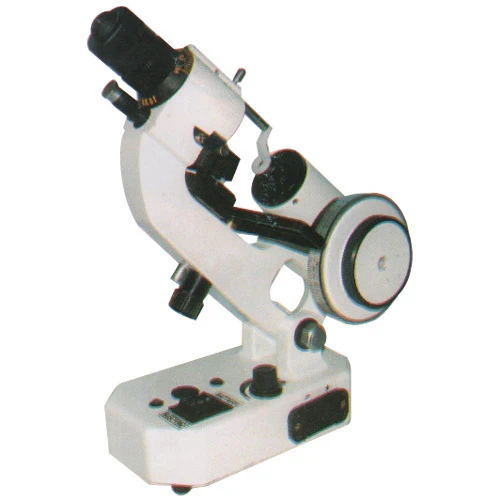Stamp: Rudolf Virchow (1821-1902) (Germany, Soviet Occupation (General Issues) 1951)
Rudolf Virchow (1821-1902) (Germany, Soviet Occupation (General Issues) 1951)
01 August (Germany, Soviet Occupation (General Issues) ) within release General Issues : Cultural Personalities Definitives goes into circulation Stamp Rudolf Virchow (1821-1902) face value 16 East German pfennig
| Stamp Rudolf Virchow (1821-1902) in catalogues | |
|---|---|
| Michel: | Mi: DD 218c |
Stamp is vertical format.
Also in the issue General Issues : Cultural Personalities Definitives:
- Stamp - Friedrich Engels (1820-1895) face value 30;
- Stamp - Friedrich Engels (1820-1895) face value 30;
- Stamp - Rudolf Virchow (1821-1902) face value 16;
Stamp Rudolf Virchow (1821-1902) it reflects the thematic directions:
Famous People refers to the fame and public attention accorded by the mass media to individuals or groups or, occasionally, animals, but is usually applied to the persons or groups of people (celebrity couples, families, etc.) themselves who receive such a status of fame and attention. Celebrity status is often associated with wealth (commonly referred to as fame and fortune), while fame often provides opportunities to make money.
A man is an adult male human. Prior to adulthood, a male human is referred to as a boy (a male child or adolescent).
An optical instrument is a device that processes light waves (or photons), either to enhance an image for viewing or to analyze and determine their characteristic properties. Common examples include periscopes, microscopes, telescopes, and cameras.
A physician, medical practitioner (British English), medical doctor, or simply doctor is a health professional who practices medicine, which is concerned with promoting, maintaining or restoring health through the study, diagnosis, prognosis and treatment of disease, injury, and other physical and mental impairments. Physicians may focus their practice on certain disease categories, types of patients, and methods of treatment—known as specialities—or they may assume responsibility for the provision of continuing and comprehensive medical care to individuals, families, and communities—known as general practice. Medical practice properly requires both a detailed knowledge of the academic disciplines, such as anatomy and physiology, underlying diseases, and their treatment, which is the science of medicine, and a decent competence in its applied practice, which is the art or craft of the profession.




